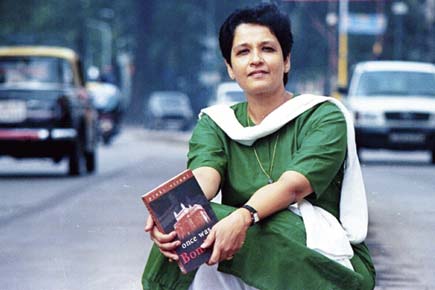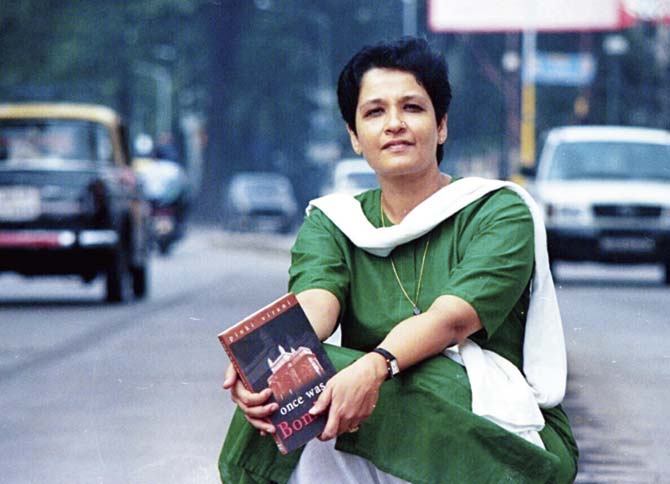Friend, guardian and biographer of Aruna’s Story, Pinki Virani speaks of the legacy that the gritty woman will leave behind for all of India

“Not God. Not medical intervention. Not justice. Finally, it was nature that took over her when her lungs decided to shut down today,” says Pinki Virani announcing closure on the life of Aruna Shanbaug who passed away on Monday morning.

Pinki Virani, the author of Aruna’s Story
The strength in Virani’s voice morphs the grief that none of us can comprehend. After all, she stood as anchor for Shanbaug during the over four-decade-long coma that took over the KEM Hospital nurse’s life that had changed forever since the fateful night on November 27, 1973.
“Aruna Shanbaug’s greatest legacy to this country is the fact that the euthanasia law came into effect. She was in my heart as we fought for this; I was merely the physical transporter to ensure that this law gets passed from the time it was first presented in 2009 and when it was finally passed in 2011, which allows for passive euthanasia in conditions similar to her, of permanent vegetative state.
Also Read: Mumbai nurse Aruna Shanbaug, who was in coma since 1973, passes away
The tragedy is that my Aruna…our Aruna was denied her own law as the assumption was that the patient has no rights,” adds Virani, who had previously worked as an editor with mid-day. So while the law may help Indians facing a similar tragedy it still could not alter Shanbaug’s condition. The landmark Supreme Court decision passed in January 2011 allowed “passive euthanasia” for patients who are in a permanent vegetative state or are declared brain-dead.
This means withdrawal of medical treatment and allowing the death to occur. In active euthanasia, death is induced by a lethal dose of drugs or other means. “From the night in 1973 till today, her system has been shutting down, painfully. Every month, she has died a thousand deaths. Each time, she has let out silent screams of pain,” adds Virani.
Virani, however, refrained from commenting when asked about the role played by the nurses at the hospital who looked after her. “All I wish to say is that the Supreme Court in its judgment said that the reason for not allowing the systematic tapering down of Aruna Shanbaug’s life was because her permanent caregivers had said ‘No’. The Supreme Court had also said that should they decide to change their mind, they should please approach the Bombay High Court.”
 Subscribe today by clicking the link and stay updated with the latest news!" Click here!
Subscribe today by clicking the link and stay updated with the latest news!" Click here!







